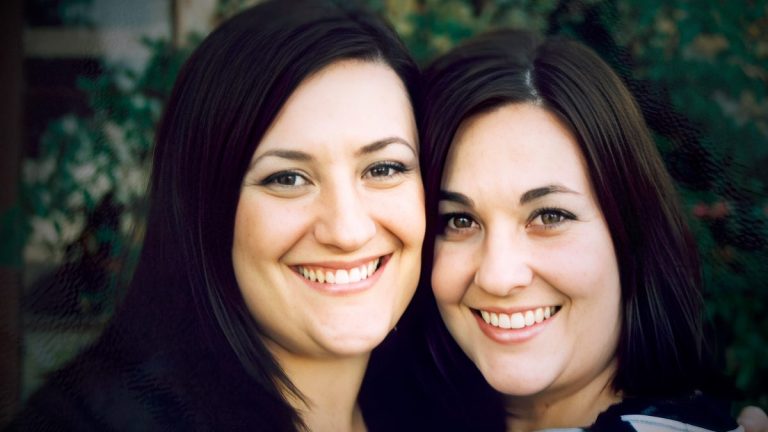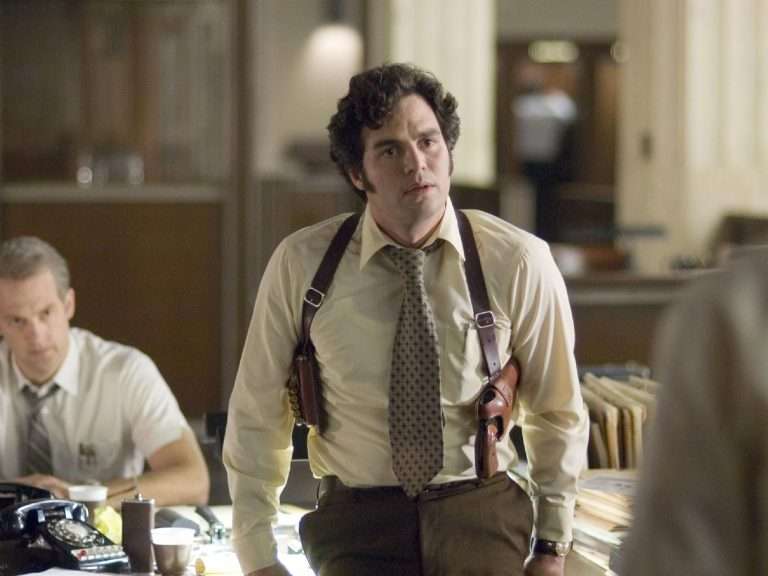The finale of Sex Education hangs in the air, a bittersweet symphony of emotions that lingers long after the credits roll. Creator Laurie Nunn, in an interview, sheds light on the finale’s deliberate departure from the typical happily-ever-after trope, crafting an ending that resonates with the messy, unpredictable reality of young adulthood.
Gone is the predictable fireworks and confessions under the Friday night lights. Instead, we find Maeve, the show’s sharp-tongued rebel, standing under the soft glow of the airport departure board, her journey to America a bittersweet victory. Otis, the once awkward sex therapist, stands alone at Moordale Secondary, a flicker of hope battling the ache of separation in his eyes. Their love confession, a culmination of years of stolen glances and whispered desires, takes place not on a moonlit rooftop but in the sterile confines of a bus stop, punctuated by the rumble of a passing train. It’s a scene Nunn labored over, rewriting it multiple times. “I knew when I put that full stop, it would be the last time I was going to write those characters,” she admits. “That definitely was a sad moment.”
But the sadness, Nunn argues, is intentional. “‘I’m always attracted to stories in a bit of a grey area,’ she says. ‘I really love the idea that you could have this amazing first love, and it doesn’t necessarily mean that you’re going to be together forever.'” This isn’t a rejection of their feelings; it’s an acknowledgement of the transformative power of connection, even if it’s temporary. They’ve challenged each other, grown alongside each other, and in that shared journey, they’ve become better versions of themselves. “I actually find that more romantic in a way than if they got together at 17 and then stayed together forever,” says Nunn.

The brilliance of Sex Education’s finale extends beyond the central couple. The school dance, once a clichéd symbol of teenage triumph, is transformed into a celebration of self-discovery. Aimee reclaims her narrative, dancing freely in a sequined dress, a stark contrast to the timid girl she once was. Jackson sheds his toxic masculinity, his vulnerability a testament to the show’s commitment to dismantling stereotypes. Even the often-ignored corners of Moordale are acknowledged, with the music club finally getting their moment in the spotlight.
Nunn’s hope, however, goes beyond the confines of the school dance. “I’ve heard stories of families being able to watch it, maybe not together, but different members from different generations watching it and then being able to start conversations with each other,” she says. Sex Education, with its frank portrayal of teenage sexuality and unflinching exploration of emotional complexities, has become a bridge between generations, a catalyst for conversations often left unspoken.
Also Read 10 TV Shows Like ‘Sex Education’ on Netflix
Sex Education may have closed its curtains, but the impact it leaves behind is far from over. It’s a show that embraced the awkward silences, the fumbled confessions, and the messy realities of growing up. It’s a love letter to the transformative power of first loves, reminding us that even if forever isn’t always part of the equation, the connections we forge stay with us, shaping us into who we become. As Nunn says, “That’s why we watch TV, it’s almost feels like you’re spending time with your friends.” And Sex Education, with its honest portrayal of adolescence, leaves us feeling exactly that: a bittersweet pang of loss intertwined with the warm nostalgia of cherished memories.








